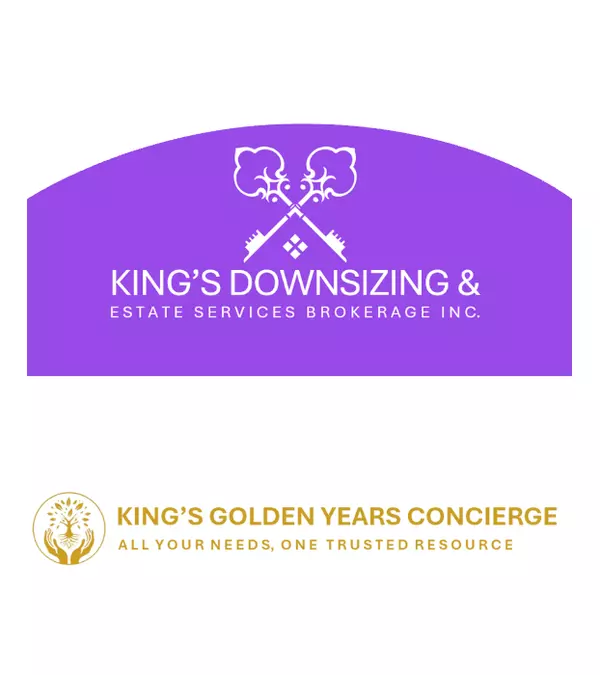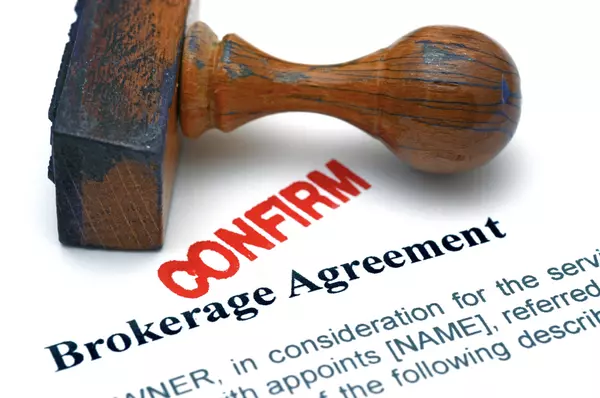Exciting News: King's Downsizing & Estate Services Becomes a Full-Service Real Estate Brokerage!
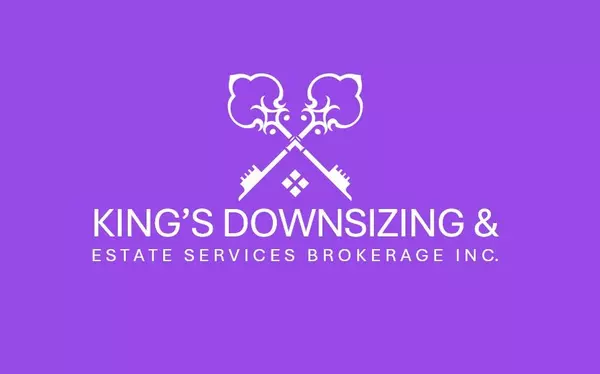
We’re thrilled to share some incredible news with our community: King’s Downsizing & Estate Services is now officially a full-service Real Estate Brokerage! This exciting new chapter allows us to better serve older adults and their families with seamless, one-stop, concierge-style support through e
Read MorePlanning for the Future: Legal Considerations in Downsizing and Estate Planning
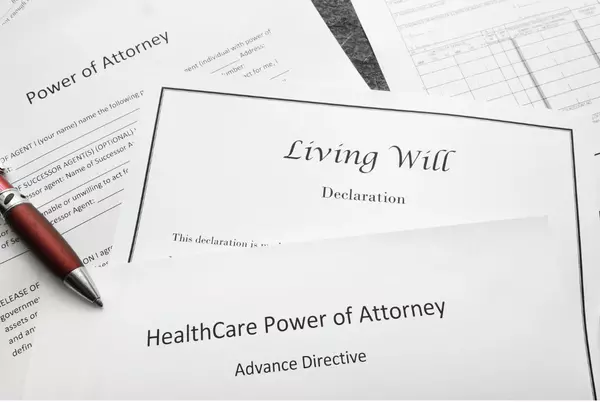
When it comes to downsizing or transitioning into a new phase of life, it’s not just about sorting through belongings or finding the perfect home—it’s also about making sound legal preparations that protect your assets, your wishes, and your peace of mind. At King’s Downsizing & Estate Services, we
Read MoreFinancial Benefits of Downsizing: How to Maximize Your Investment

For many older adults, downsizing isn’t just a lifestyle decision—it’s a smart financial move. Whether you’re looking to reduce expenses, free up equity, or simplify your daily life, downsizing your home can open the door to new opportunities and long-term savings. At King’s Downsizing & Estate Ser
Read MoreNavigating the Real Estate Market: Tips for Seniors Looking to Sell

Selling a home at any stage of life can be overwhelming—but for seniors, the process often comes with unique emotional and logistical considerations. Whether you're downsizing, transitioning into a retirement community, or simply looking to simplify your lifestyle, understanding the real estate mar
Read MoreThe Benefits of Early Estate Settlement Planning

In today's fast-paced world, planning for the future is more important than ever. While many people focus on immediate financial goals or career advancements, it's crucial not to overlook the long-term benefits of early estate settlement planning. This proactive approach can significantly impact you
Read MoreNavigating Cross-Border Estate Settlement: A Guide for Executors

Settling the estate of a loved one can be an emotionally challenging and legally complex process, especially when it involves navigating cross-border implications. For individuals who are based out of province or out of country and are managing an estate in Ontario, Canada, ensuring clarity and comp
Read MoreCompleting the Estate Journey: Final Tasks for Settlement

As you reach the culmination of the estate settlement journey, it's time to tie up loose ends and bring closure to the process. Here's a rundown of the essential tasks to wrap up the estate settlement: Distribute Assets:With the asset disposition plan finalized, proceed to distribute the net estate
Read MoreNavigating the Heart of Estate Settlement: Essential Tasks to Wrap Up Affairs

After laying down the initial groundwork outlined in the Timeline tasks, it's time to delve into the core phase of estate disposition. This pivotal stage involves executing a series of crucial tasks to bring closure to the estate administration process. Here's a breakdown of key responsibilities: Re
Read MoreNavigating Tax Deadlines and Estate Responsibilities Throughout the Calendar Year

As the executor of an estate, you're tasked with numerous responsibilities, including managing tax-related matters that extend beyond the decedent's date of death. Understanding the calendar year's impact on tax deadlines and estate obligations is crucial for ensuring compliance and effective estate
Read MoreNavigating the First Three Months After a Loss: Essential Tasks and Considerations

Losing a loved one is a profound experience, and the initial months following their passing can be both emotionally challenging and overwhelming with various administrative tasks. Building upon the responsibilities outlined in the first month, here are crucial tasks you should focus on during the fi
Read MoreExploring Probate: Assessing Your Need for Legal Assistance

Deciding whether to enlist a lawyer's help in settling estates is a common dilemma. While legal expertise may be necessary for certain estates, the choice ultimately rests with you. Probate lawyers offer invaluable support throughout the process, providing essential resources and connections to stre
Read MoreUnlocking Estate Success: Immediate Executor Responsibilities

Navigating the complexities of estate administration in Canada demands swift action and meticulous attention to detail. While the process typically spans 6-18 months, certain tasks require immediate attention to ensure a seamless transition. Here's what you should prioritize within the first week o
Read MoreUnderstanding Probate Bonds in Estate Management

Probate bonds are a crucial aspect of estate administration, especially when navigating the probate process. In Ontario, the regulations surrounding probate bonds can vary based on several factors, including the presence of a will and the residency of the executor. Let's delve deeper into what proba
Read MoreSimplifying the Small Estate Process in Ontario: A Guide by Desiree King

In Ontario, managing the estate of a loved one can be a complex and overwhelming task, especially when faced with the probate process. However, since 2021, there's been a significant change for small estates valued at less than $150,000. As the founder of King's Downsizing & Estate Services, I'm her
Read MoreWhat Happens If You Die Without a Will in Ontario, Canada?
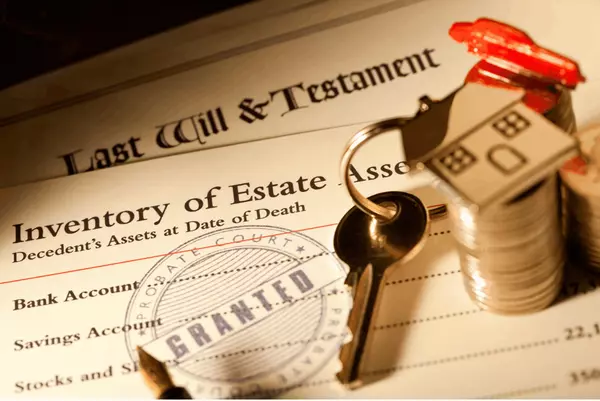
What Happens If You Die Without a Will in Ontario, Canada? Losing a loved one is never easy, and dealing with the aftermath can be overwhelming, especially if they passed away without leaving a Will. In legal terms, dying without a Will means dying "intestate," which essentially means that there ar
Read MoreDispelling Common Probate Myths: A Guide by Désirée King
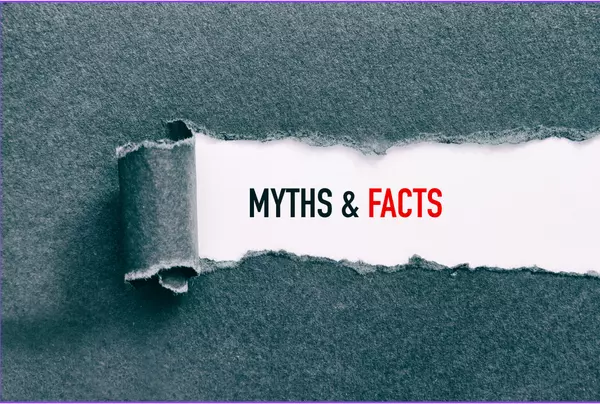
Dispelling Common Probate Myths: A Guide by Désirée KingNavigating the probate process can be daunting, fueled by widespread myths that often misconstrue the reality. As a seasoned professional at King's Downsizing & Estate Services, I'm here to debunk the top ten probate myths and shed light on th
Read MoreDemystifying Probate in Ontario: A Comprehensive Guide
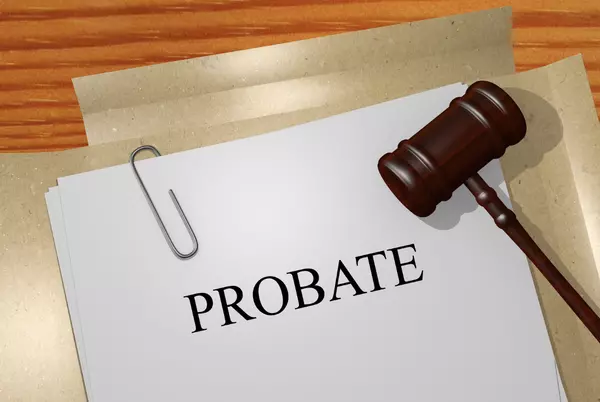
When a loved one passes away, they leave behind an estate comprising various assets, liabilities, and belongings. In Ontario, the management and distribution of this estate fall under the jurisdiction of an estate trustee, the individual legally authorized to act on behalf of the deceased. Probate
Read MoreUnderstanding the Executor's Role in Ontario, Canada: Responsibilities, Challenges, and Guidance

Being named an executor of an estate is a significant responsibility, one that requires thorough knowledge, meticulous attention to detail, and compassion. In Ontario, Canada, an executor, also known as an estate trustee, plays a pivotal role in administering the estate of a deceased person. Let's
Read MoreMastering Real Estate Etiquette: Unspoken Rules for Smooth Transactions
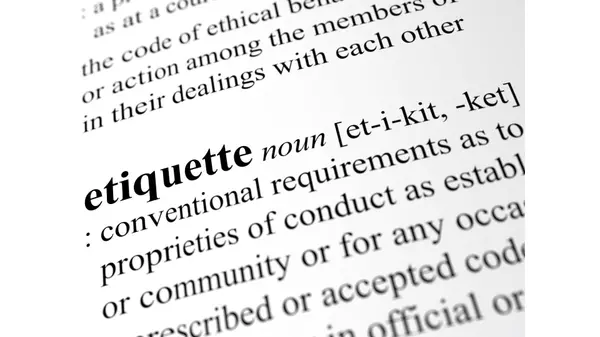
As you step into the housing market with eagerness, it's easy to get carried away in the excitement. Yet, amidst this emotional high, it's crucial to heed the unspoken etiquettes that could significantly impact your home-buying journey. These guidelines extend beyond the legalities outlined in real
Read MoreUnveiling Aretha Franklin's Estate: A Legal Odyssey and the Power of a Smiley Face
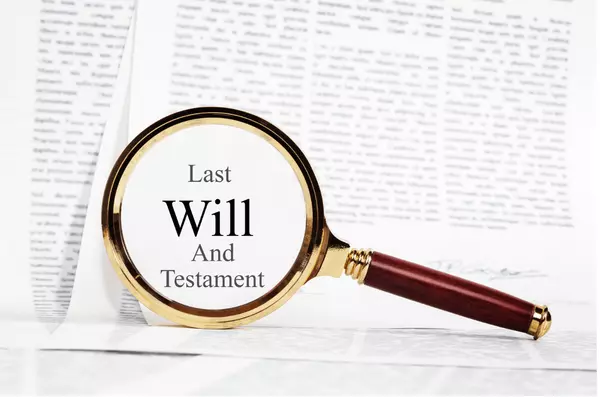
The posthumous disputes surrounding Aretha Franklin's estate have culminated in a unique discovery—a will found nestled within the crevices of a couch. In an unfolding saga that followed Franklin's passing, her sons have now been granted ownership of her former homes due to this uncovered document.
Read More
Categories
- All Blogs 73
- 55+ Living Communities 20
- Aging-In-Place 16
- Community Engagement 3
- Concierge 13
- Decluttering 8
- Downsizing 31
- Estate Planning 6
- Estate Settlement 26
- Fall Prevention 11
- General 18
- Home Safety 8
- International Retirement Living 4
- Land Lease 6
- Life Lease 7
- Lifestyle 15
- Out of Town Estate Settlement 24
- Probate 22
- Real Estate 4
- Retirement Residences 17
- Tax Returns 4
- Wealth Transfer 21
Recent Posts


